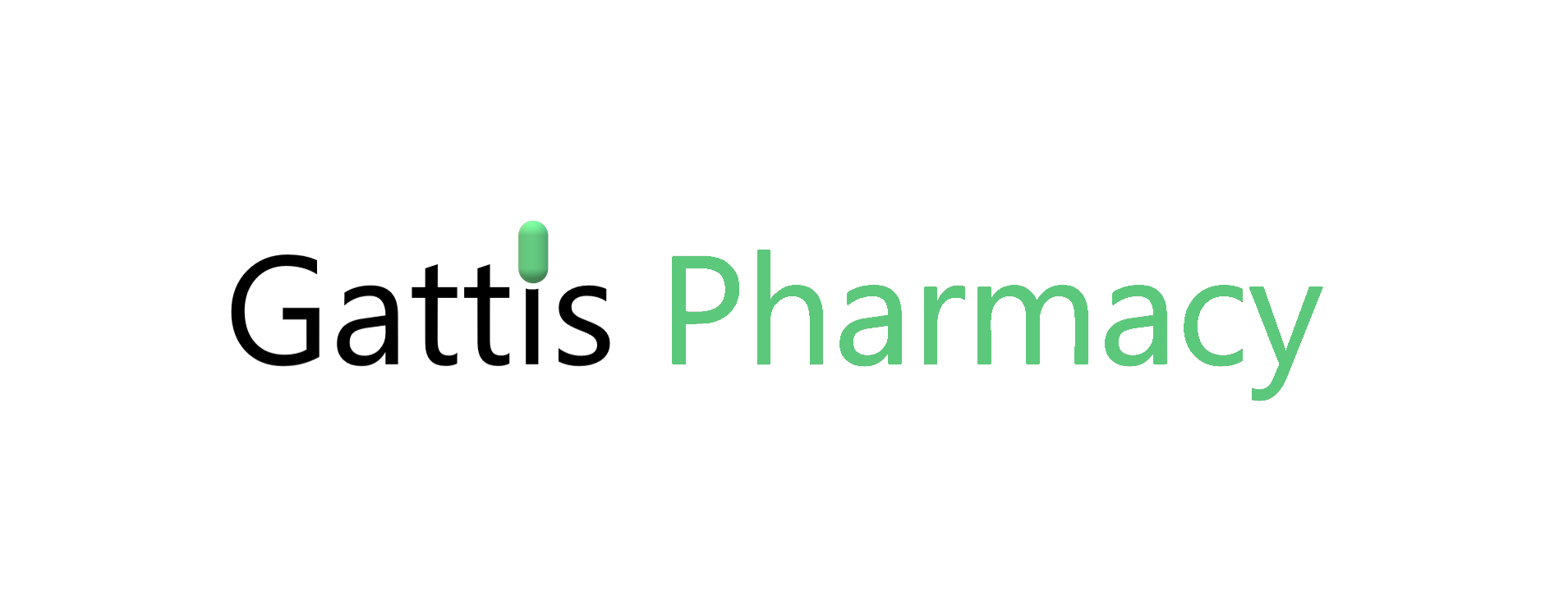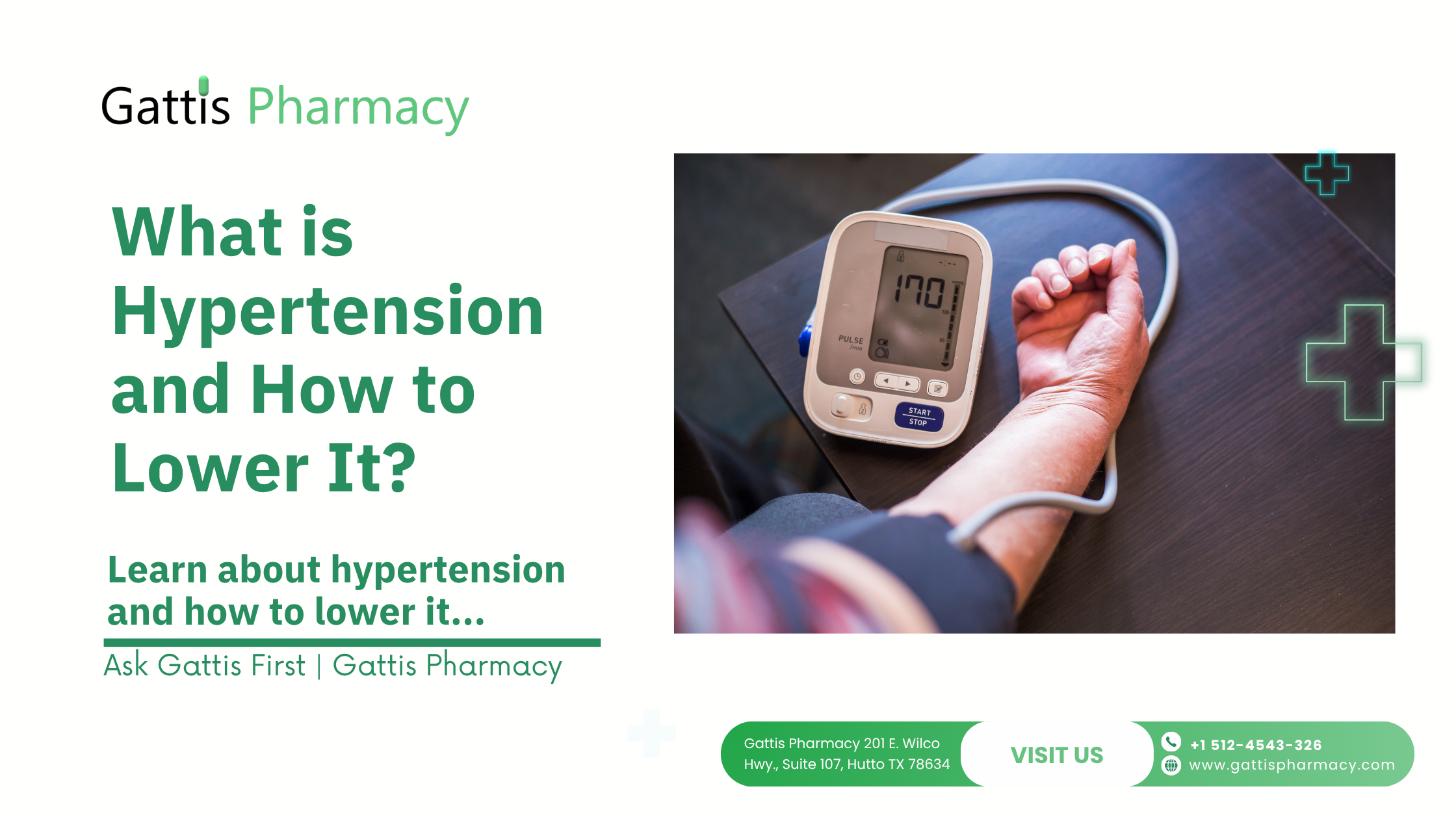High blood pressure, also called hypertension, is a common condition affecting millions of adults worldwide.
Often called the “silent killer,” it usually has no obvious symptoms but can lead to serious complications such as heart disease, stroke, and kidney problems.
Understanding what hypertension is and how to manage it is essential, especially for adults over 30.
What is Hypertension?
Hypertension occurs when the force of blood against the walls of your arteries is consistently too high.
This is similar to water pipes in a house. If the pressure of the water is too high, it can damage the pipes in the house.
Over time, this increased pressure can damage blood vessels and organs, putting your health at risk.
Blood pressure is measured in two numbers: systolic (pressure when the heart beats) and diastolic (pressure when the heart rests). Readings consistently above 130/80 mmHg may indicate hypertension.
Why Adults Over 30 Are at Risk
As we age, lifestyle factors such as stress, poor diet, lack of physical activity, and weight gain can increase the risk of high blood pressure.
Genetics and other health conditions, like diabetes, also play a role. Early detection and management are key to preventing serious complications.
How Adults Over 30 Can Lower Blood Pressure
Making small, consistent lifestyle changes can significantly lower high blood pressure:
1. Adopt a Heart-Healthy Diet
- Eat plenty of fruits, vegetables, whole grains, and lean proteins
- Reduce intake of processed foods, sugary drinks, and saturated fats
2. Stay Physically Active
- Engage in at least 30 minutes of moderate exercise most days, such as walking, swimming, or cycling
- Incorporate strength training to improve circulation and heart health
3. Maintain a Healthy Weight
- Even modest weight loss can reduce strain on the heart and lower blood pressure
- Monitor weight regularly and seek guidance if needed
4. Manage Stress
- Practice deep breathing, mindfulness, or yoga
- Prioritize adequate sleep and relaxation to support healthy blood pressure levels
Foods to Avoid
Certain foods can raise your blood pressure and make management more difficult:
- Excess salt: Too much sodium increases blood pressure
- Fried and fatty foods: Saturated and trans fats can damage blood vessels
- Processed and sugary foods: These can contribute to weight gain and inflammation
Medicines Prescribed for High Blood Pressure
Doctors may prescribe medications to help control hypertension, including:
- Diuretics: Help remove excess salt and water from the body
- ACE inhibitors: Relax blood vessels and lower blood pressure
- Beta-blockers: Reduce the heart’s workload and help it beat more slowly
- Calcium channel blockers: Relax and widen blood vessels
- Combination medications: Used when one medicine is not enough
Tips for Managing Blood Pressure Medicines
- Take your medications exactly as prescribed
- Track your blood pressure regularly to see how well the treatment is working
- Do not stop or change medication without consulting your doctor
- Combine medicine with lifestyle changes for the best results
How Gattis Pharmacy Can Help
At Gattis Pharmacy, we understand the challenges adults over 30 face with high blood pressure. Our expert team can guide you through lifestyle changes, dietary adjustments, and proper medication management.
With our convenient services and personalized care, staying on top of your blood pressure has never been easier.

